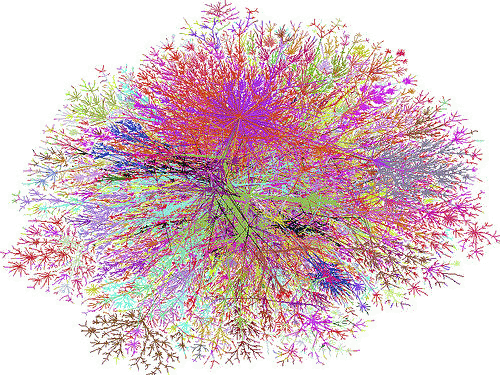Jurvetson's Flickr photostream
As new technologies mature to become a basic service to the public, there have always been haves and have-nots. One hundred years ago, the telephone could be found in only wealthier homes, but today it would be unimaginable for a household to be denied such basic communication.
According to a recent study by the PewResearchCenter, three out of four adults have internet access in the US. But the "digital divide" remains: internet access is significantly lower for low income households, minorities and the elderly. How we access the internet has rapidly transitioned from dial-up connections to broadband, whether using cable or DSL. That these two technologies compete for customers, rather than companies using a shared platform have slowed progress towards universal access.
Is universal internet access a basic service, a moral and social imperative? The US Federal Communications Commission (FCC) apparently believes it is, by launching the ambitious National Broadband Plan to support high speed access to more than 100 million households by 2020, backed by a budget of $15.5 billion. With such a large investment from our government to support the necessary infrastructure, a goal of universal access may be attainable. United Nations Educational, Scientific and Cultural Organization (UNESCO) seems to agree as well, having articulated a goal towards a global "knowledge society" based upon open access to information.
While the "digital divide" still exists, broadband costs are inexpensive in the US compared to other countries, averaging less than 0.5% of income. This is in sharp contrast to India and China, where access can cost between 5 and 10% of income.
Image used with permission by author Matt Mahoney (Technology Review published by MIT)
(Note: You can view every article as one long page if you sign up as an Advocate Member, or higher).





